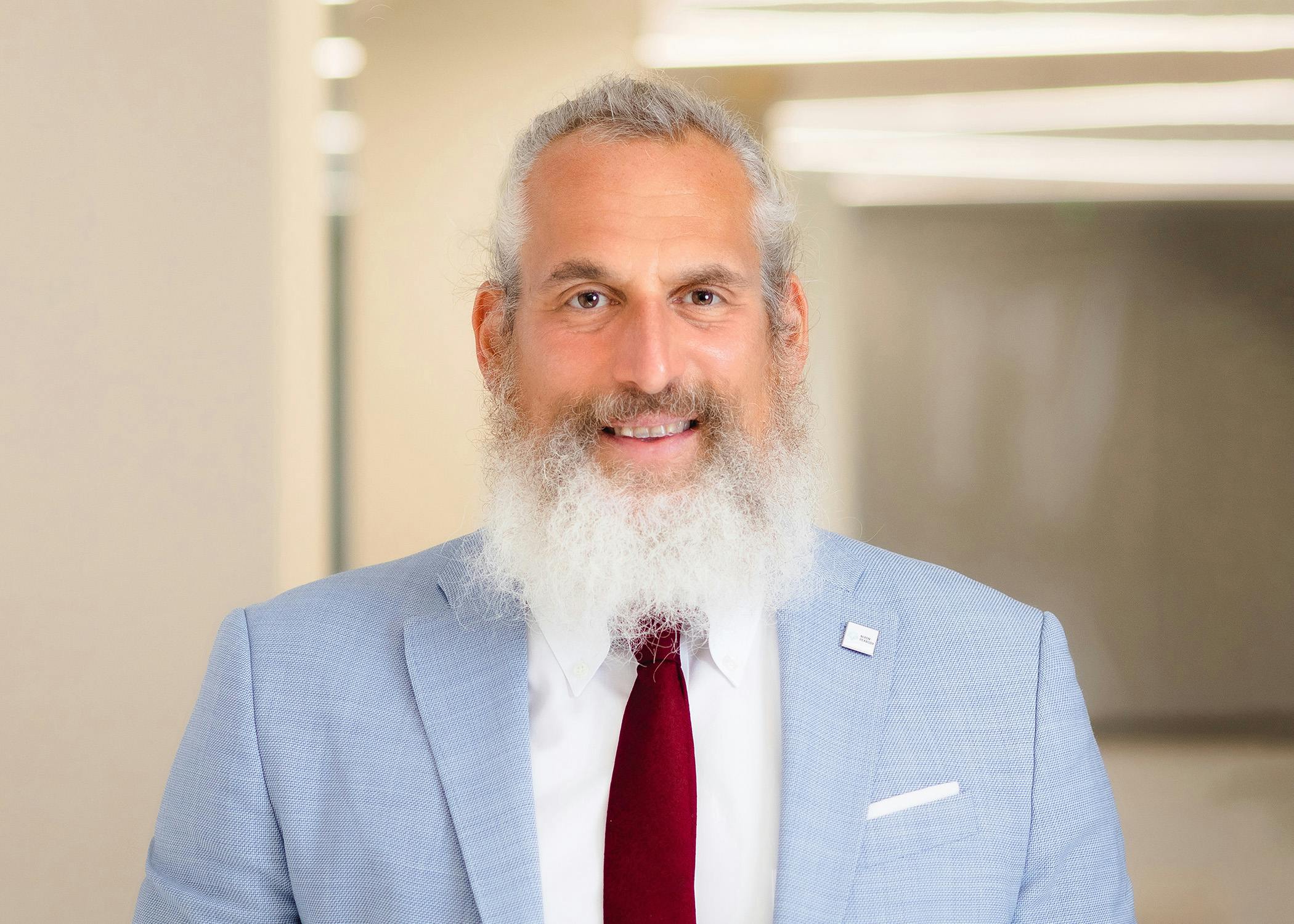On January 31, 2020, the United States Secretary of Health and Human Services (HHS) Alex Azar declared a public health emergency regarding the novel coronavirus outbreak. As a result, the US has made dramatic changes to the ability of foreign nationals to enter the US and placed historic restrictions on certain returning American citizens. The new regulations, made through a presidential proclamation, called for “temporarily suspending the entry into the United States of foreign nationals who pose a risk of transmitting the 2019 novel coronavirus.” The prior day, the World Health Organization (WHO) declared the disease as a global health emergency. Global airlines have also cancelled flights between Chinese cities and a variety of countries, including the United States. After the WHO declaration, the United States State Department issued a level 4 travel advisory—“Do not travel”—for all of China.
Banned entry
President Trump’s order went into effect on 5:00 p.m. on Sunday, February 2, 2020, and continues until the HHS secretary advises the president to terminate or modify the order. Important takeaways from the order and its implementation:
- The restrictions on entry do not cover Chinese citizens. Instead, it bans entry “into the United States, as immigrants or nonimmigrants, of all aliens who were physically present within the People’s Republic of China . . . during the 14-day period preceding their entry or attempted entry into the United States.”
- The Special Administrative Regions of Hong Kong and Macau are excluded from the prohibited area.
- The order does NOT ban entry by
- “any lawful permanent resident of the United States”
- “any alien who is the spouse of a US citizen or lawful permanent resident”
- “any alien who is the parent or legal guardian of a U.S. citizen or lawful permanent resident, provided that the U.S. citizen or lawful permanent resident is unmarried and under the age of 21”
- “any alien who is the sibling of a US citizen or lawful permanent resident, provided that both are unmarried and under the age of 21”
- Empowers the Secretary of Homeland Security to “take all necessary and appropriate steps to regulate the travel of persons and aircraft to the United States to facilitate the orderly medical screening and, where appropriate, quarantine of persons who enter the United States and who may have been exposed to the virus. Such steps may include directing air carriers to restrict and regulate the boarding of such passengers on flights to the United States.”
- Homeland Security is restricting flights from China to Atlanta, Honolulu, JFK in New York, Los Angeles, O’Hare in Chicago, San Francisco, and Seattle.
U.S. citizen quarantines
HHS Secretary Azar announced quarantine restrictions on U.S. citizens returning from China—“Any US citizen returning to the US who has been in Hubei Province in the previous 14 days will be subject to up to 14 days of mandatory quarantine, to ensure they’re provided proper medical care and health screening.” In addition, he announced, “Any US citizen returning to the US who has been in the rest of mainland China within the previous 14 days will undergo proactive entry health screening at a select number of ports of entry and up to 14 days of monitored self-quarantine to ensure they have not contracted the virus and do not pose a public health risk.”
Employer response
These historic restrictions are creating challenges to employers with global, mobile workforces. Unions and other employees in the travel industry have raised various safety concerns (through legal action and internal complaints) that have and will continue to impact international travel.
Many US companies have significant operations in China that require in-person collaboration. In light of the current restrictions, businesses should re-consider their travel policies as travel, even for urgent business reasons, will be significantly disrupted. Employers that still require their employees to travel to and from China against reputable health organization guidance put themselves not only at risk of legal challenges, but additional legal exposure if such employees become sick from required work-related travel.
Employers should also consider alternatives to travel and review their work from home policies for employees who cannot perform certain job duties because of travel restrictions or at-home quarantines. In addition, employers should determine if they must or will continue to pay employees or require them to use vacation, PTO, or sick time if employees become sick or quarantined. As an additional measure of caution, employers may want to implement a written communicable illness policy that covers any potential illness communicable in the workplace—and include 2019-nCoV if the employer has employees who may reasonably be expected to be exposed to this new coronavirus.


